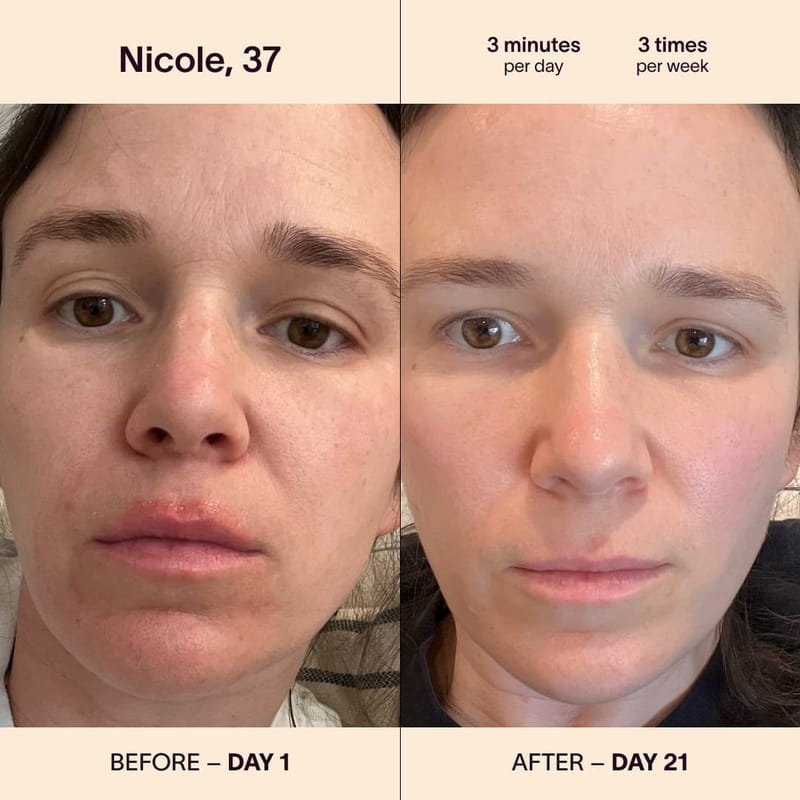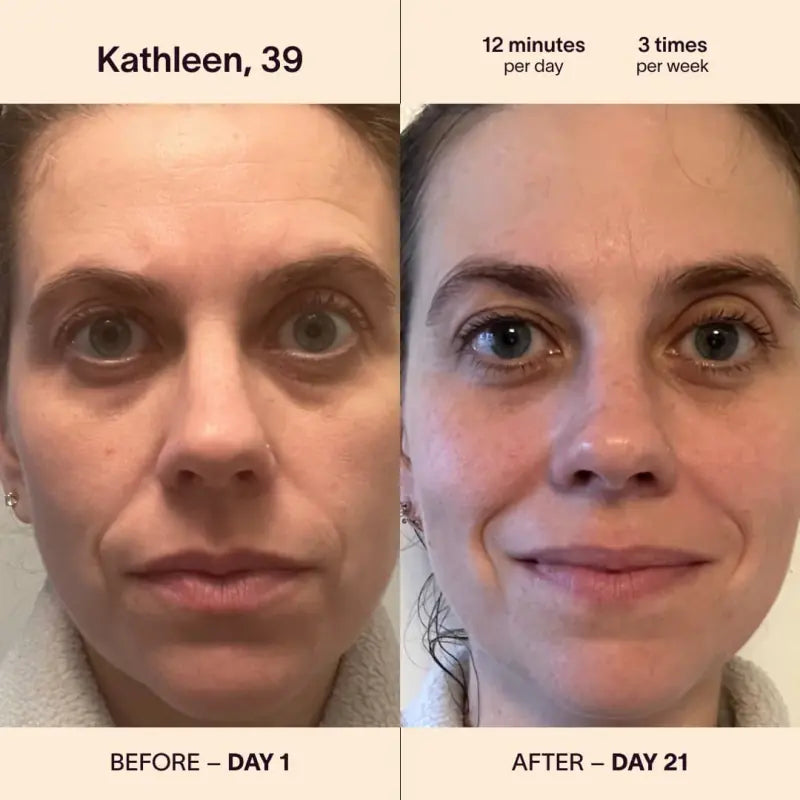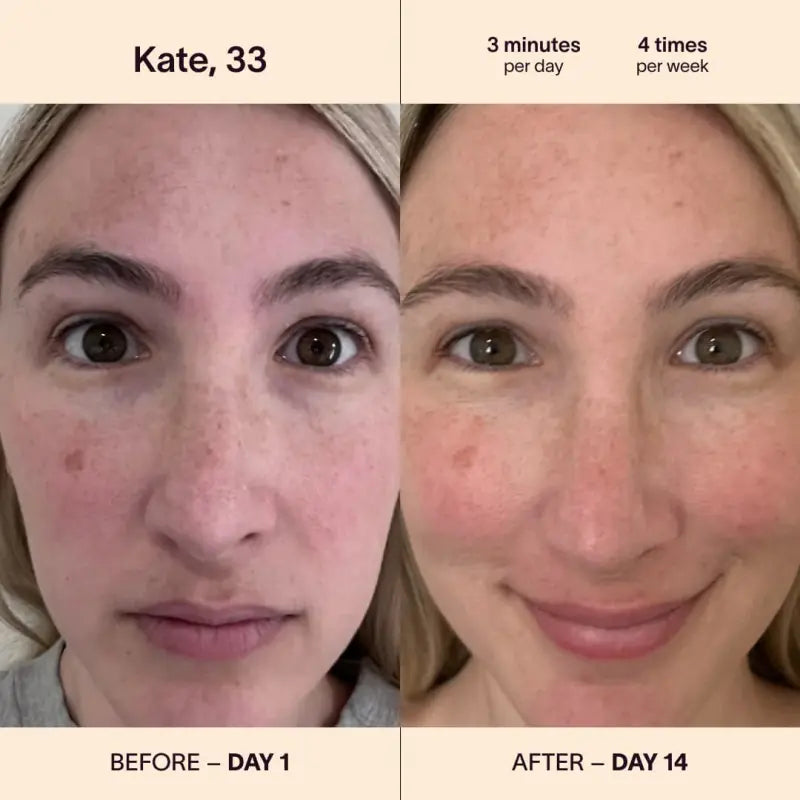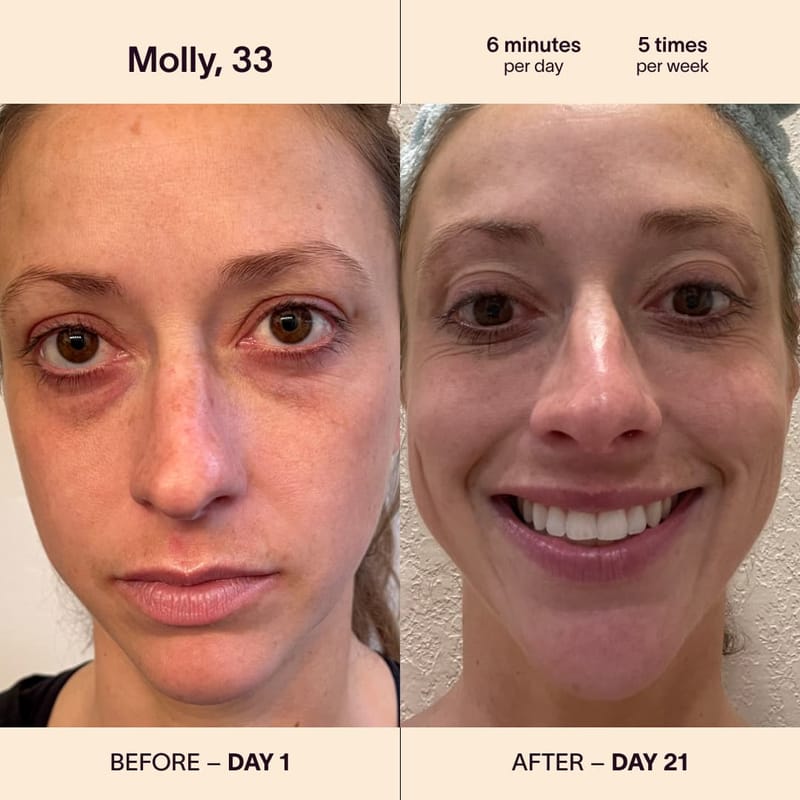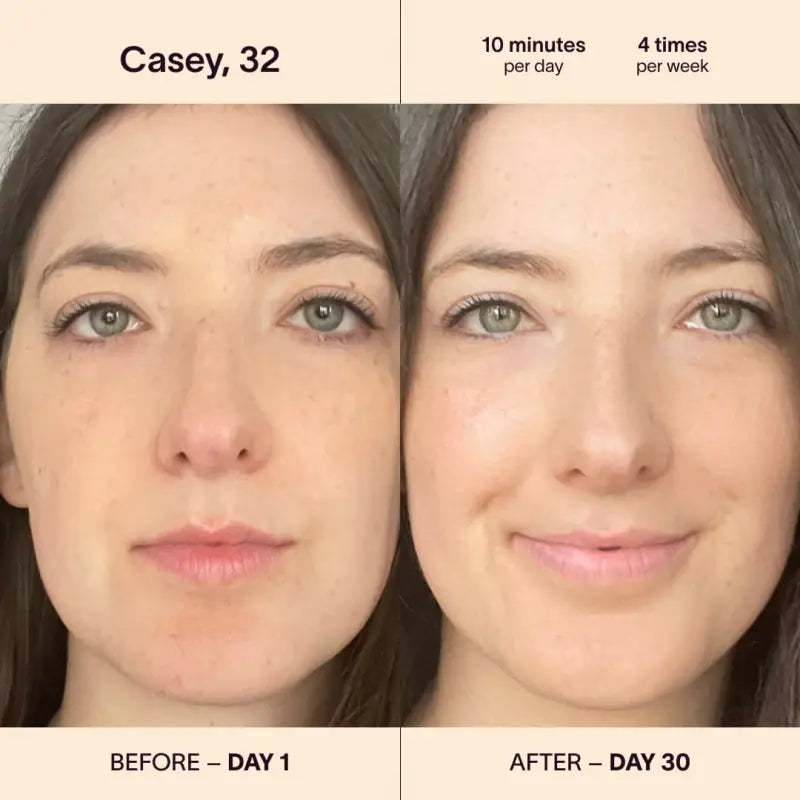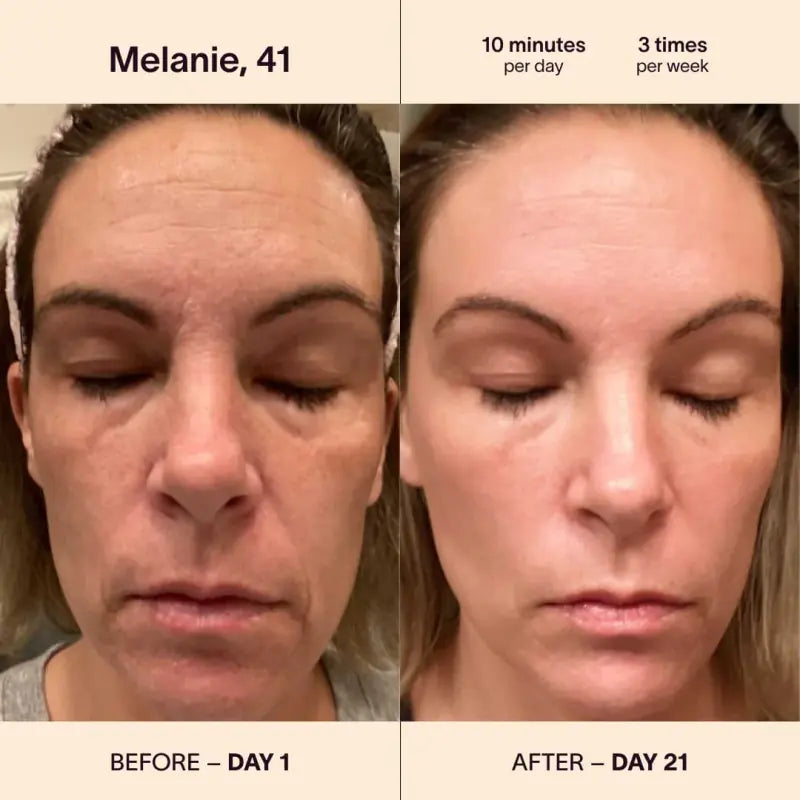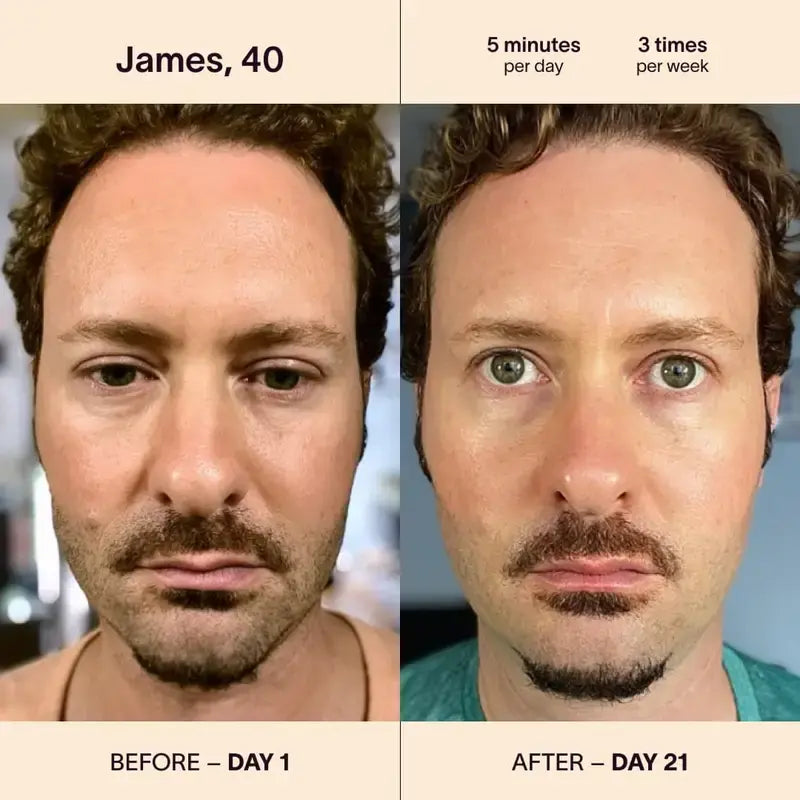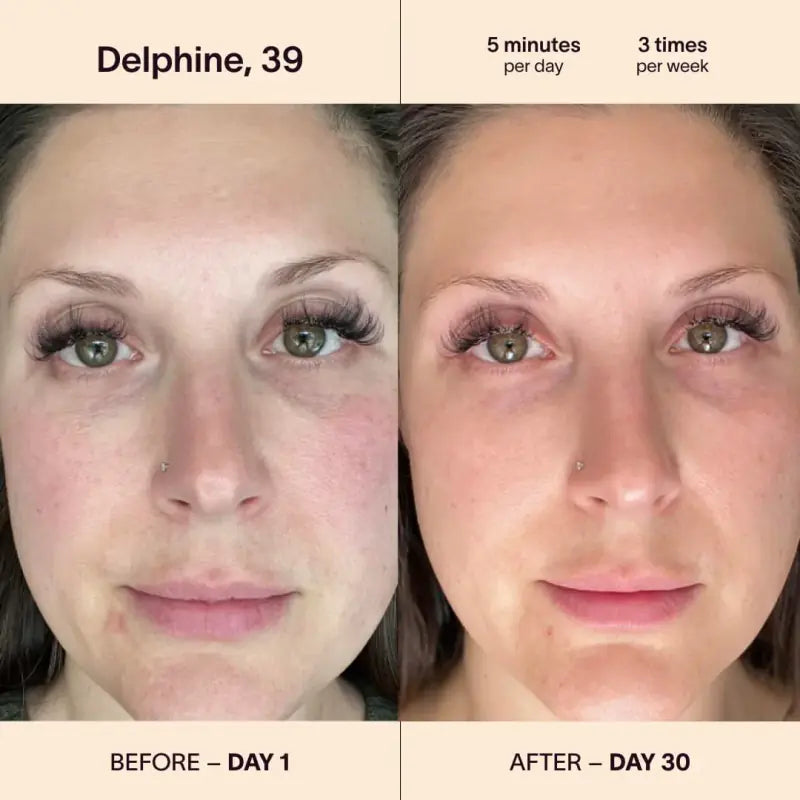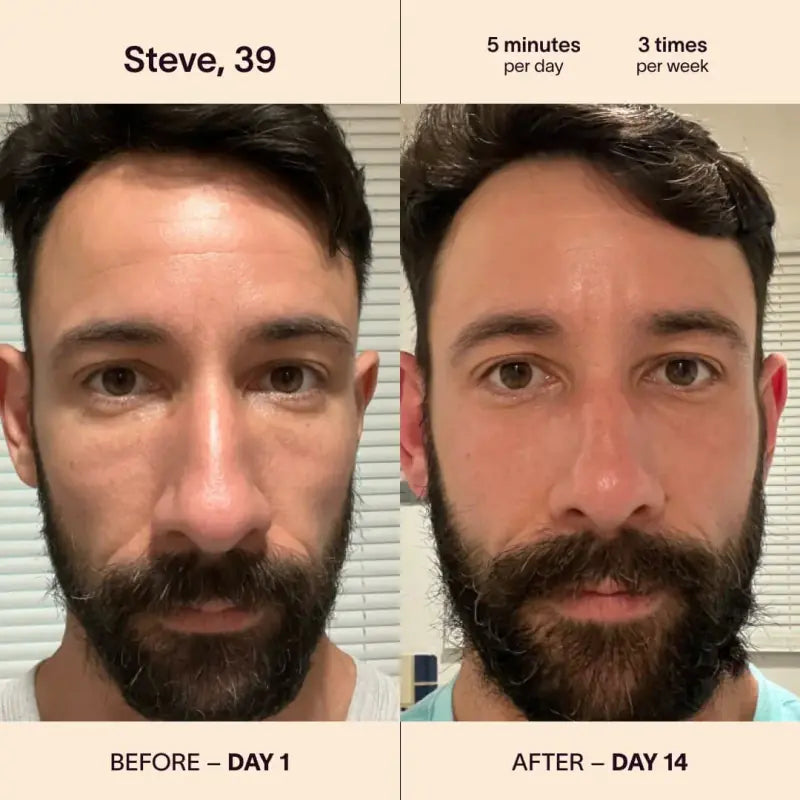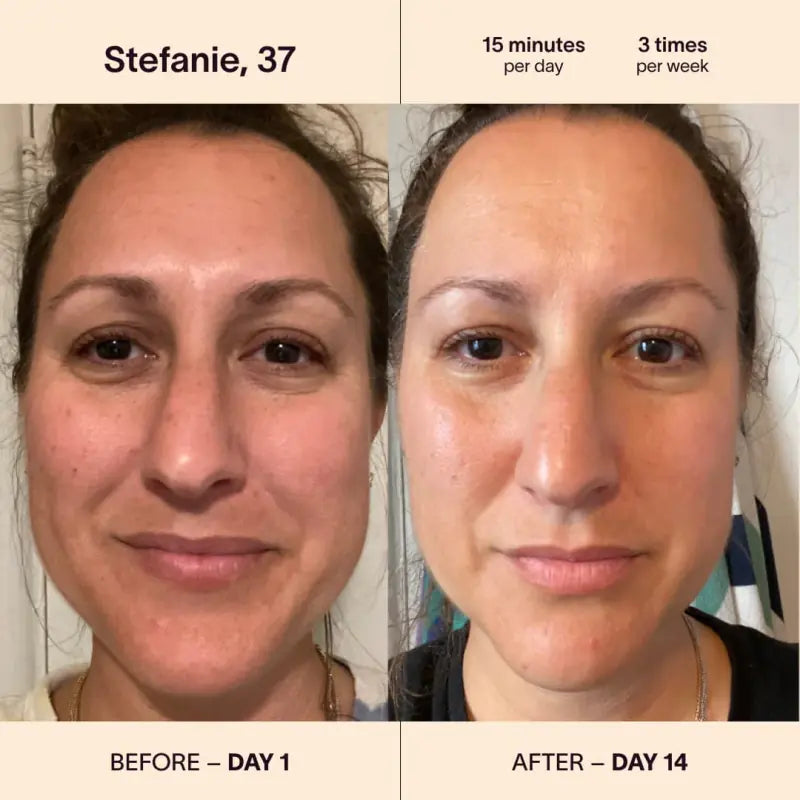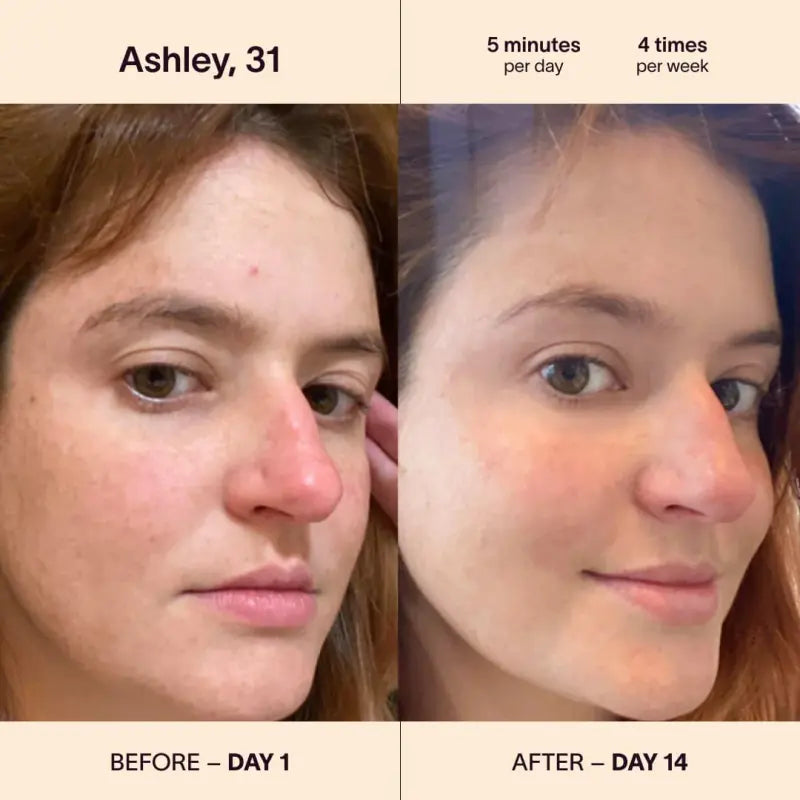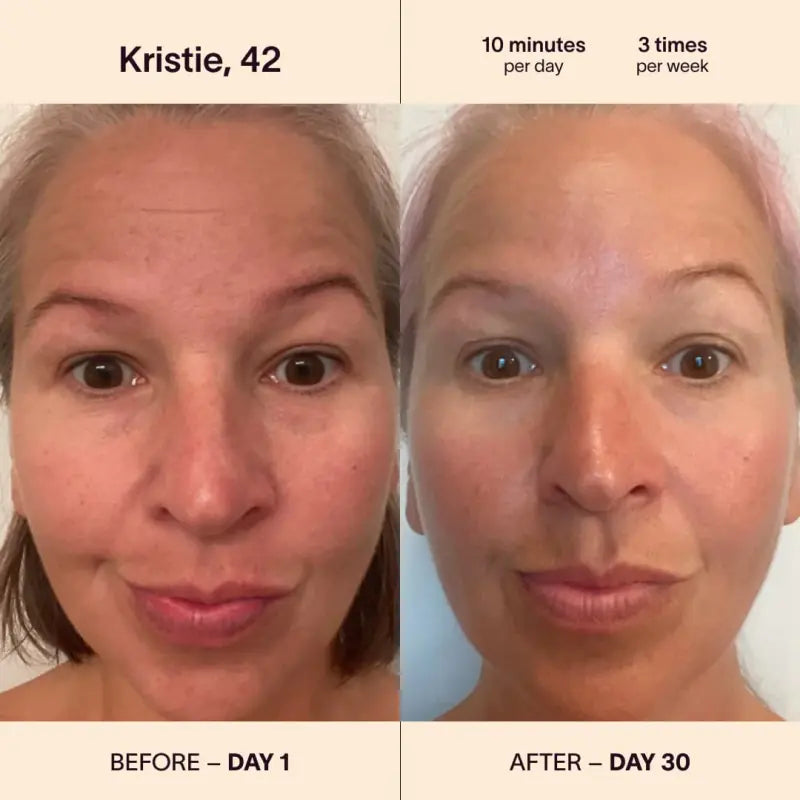Hormonal
acne is a type of acne that is caused by changes in your hormones. Hormonal acne can be difficult to treat, but there are many ways to manage it.
In this blog post, we will discuss what hormonal acne is, what causes it, and how you can treat it. We will also discuss how you can prevent hormonal acne from occurring in the first place!
Hormonal Acne, The Basics
So, what is hormonal acne? Hormonal acne is a type of acne that occurs when your hormones are imbalanced.
Hormonal Acne Causes
There are many different factors that can cause hormonal acne.
Puberty
Puberty one of the most common times for people to experience hormonal acne. This is because during puberty, your hormones are changing and adjusting to your new body.
Birth Control Pills
Another common cause of hormonal acne is birth control pills. Birth control pills can cause your hormones to become imbalanced, which can lead to breakouts.
Polycystic Ovary Syndrome (PCOS)
Polycystic Ovary Syndrome is a condition that can cause hormonal acne. PCOS is a hormonal imbalance that can cause your body to produce too much of the hormone testosterone. This can lead to an increase in sebum production, which can clog your pores and lead to breakouts.
Stress
Stress can also cause hormonal acne. When you're stressed, your body produces the hormone cortisol. Cortisol can increase sebum production, which can clog your pores and lead to breakouts.
Hormonal Acne Treatments
There are many different ways to treat hormonal acne. It's important to note that everyone is different and what works for one person may not work for another.
Topical Treatments
One way to treat hormonal acne is with topical treatments. These are treatments that you apply directly to your skin. Topical treatments for hormonal acne can include benzoyl peroxide, salicylic acid, retinoids, and more.
Oral Treatments
Another way to treat hormonal acne is with oral treatments. Oral treatments are taken by mouth and can include antibiotics, birth control pills, and spironolactone.
Blue Light Therapy
Laser Treatments
Laser treatments are another option for treating hormonal acne. Laser treatments work by targeting and destroying the sebaceous glands that produce sebum. This can help to reduce the amount of oil that is produced, which can in turn help to reduce breakouts.
Preventing Hormonal Acne
There are many things you can do to reduce the likelihood of hormonal acne.
Maintain a Healthy Diet
One way to prevent hormonal acne is by maintaining a healthy diet. Eating a diet that is high in fresh fruits, vegetables, and whole grains can help to regulate your hormones and reduce the likelihood of breakouts.
Manage Stress Levels
Another way to prevent hormonal acne is by managing your stress levels. Stress can cause your hormones to become imbalanced, which can lead to breakouts. Try to find ways to manage your stress levels through exercise, relaxation techniques, and more.
We hope this blog post has helped you to understand more about hormonal acne! If you have any questions or concerns, please feel free to reach out to us. We are always happy to help! Thanks for reading!






